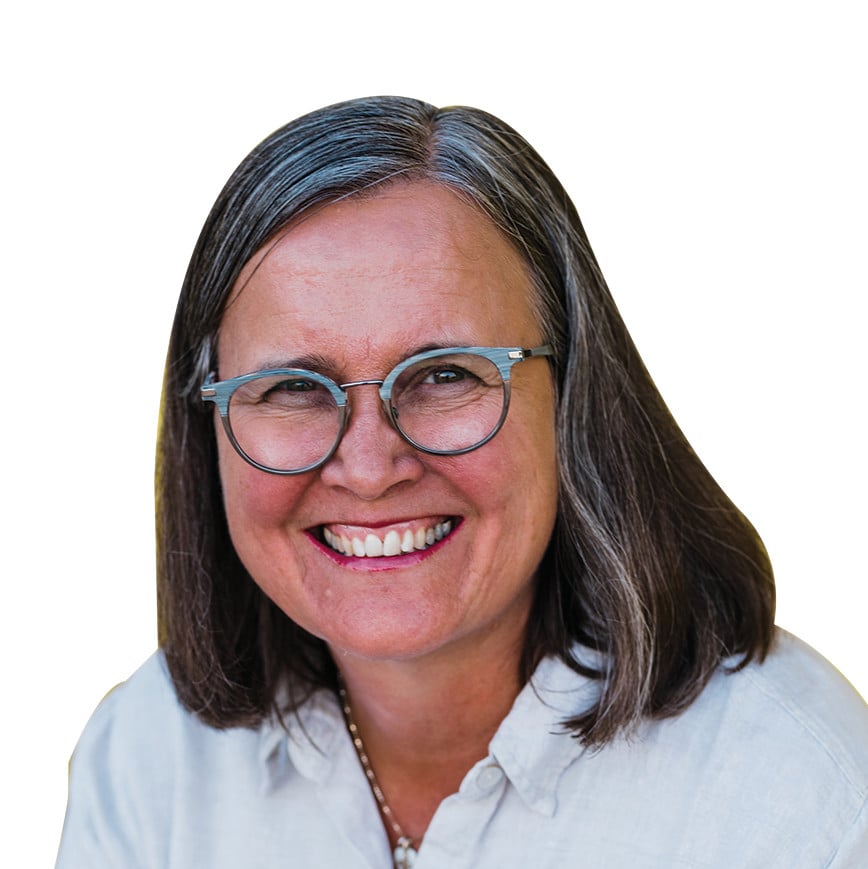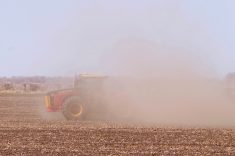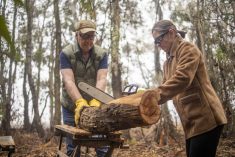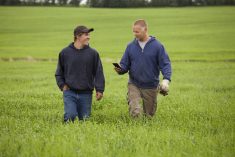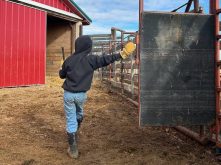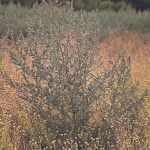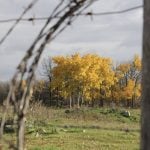Recently in one of our amazing membership coaching calls a farmer sighed loudly about his transition frustration and said, “It is what it is.” This sparked a lively conversation about how we handle our mental well-being, which is often bathed in waves of frustration as we try to navigate the needs and wants of founders and the next generation of managers.
There’s a great article by Kells McPhillips on the Well+Good website, calling out these conversation stoppers as “thought-terminating clichés.” Here’s her list:
- “It is what it is.”
- “So it goes.”
- “It could be worse.”
- “Time heals all.”
- “Someone out there has it worse than you.”
- “What doesn’t kill you makes you stronger.”
- “It’s always darkest before the dawn.”
- “This too shall pass.”
- “It’s all about balance.”
- “Try to look on the bright side.”
- “The sun will come out tomorrow.”
- “The only way out is through.”
Words really matter. Our thoughts become words and words spur on action — or the lack of action. What we believe to be true is part of how we craft the culture of our farms.
The first such cliché in McPhillips’ list above, “It is what it is,” sounds so defeatist to me. As coaches we embrace the power of choice. You get to choose your response to the circumstances of your family and farm situation. Are you going to be proactive and make some decisions for a better outcome? Or are you just going to throw the shovel hard on the ground and believe “Nothing is ever going to change around here”?
Read Also
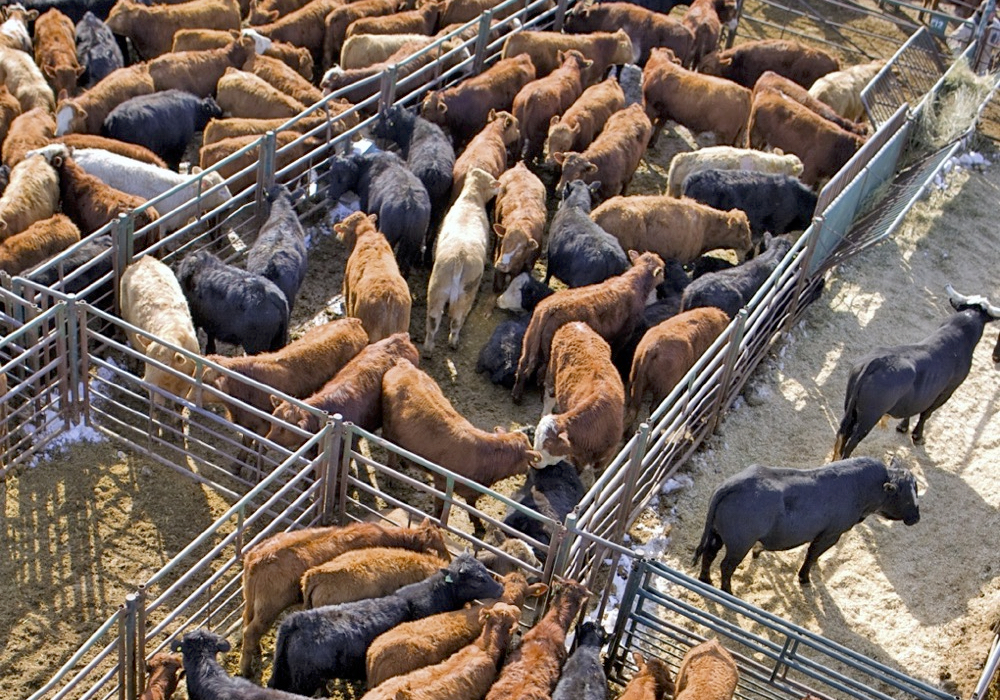
Canadian cattle herd moves into expansion phase
Beef heifer retention has started in Canada, according to Statistics Canada, and is expected to grow into 2026.
“It could be worse” aligns with the misery you’ve witnessed of neighbours or others in the ag community whose farms have disappeared due to unreasonable estate land transfers, divorce, or siblings in litigation. These sad stories of transition gone poorly are not helpful, nor are they motivating folks to act and improve the communication and conflict resolution in their own farm business. Failure of others is not a strong motivator for you to change. You need to draw on internal factors of motivation to do hard things.
You can do hard things. You also don’t have to do them alone!
“The only way out is through.” I just said you can do hard things, but who agrees that transition through facilitated communication doesn’t necessarily need to be hard? We’ve bought into a mindset that conversations cause explosions, so the best thing to do is just avoid the hard conversations about income, compensation, fairness, and letting go of management. I disagree.
Conflict resolution can be a process of discovery, lifting a huge weight of tension. Facilitated conversations, in which folks are prepared before the meeting to express what they truly want, can be transformational. If you’ve put your energy into your farm business for the past 40 years, you might want to be kind to yourself and take time to process the shift of labour, management and ownership over the next several years.
READ MORE: Agriculture community invited to ‘talk it out’ about mental health
The list of 12 clichés above can damage mental health. If you are struggling with your mental health right now as you read this, I encourage you to reach out to your doctor for a checkup and find the local mental health worker in your area. If you are walking alongside a very depressed sad farmer, I encourage you to sign up for the Mental Health First Aid course.
“What doesn’t kill you makes you stronger” was the title of Dr. Nikki Gerrard’s research (2000) on stress in farm families. She found three keys to coping better were:
- Communication
- Celebration
- Connection to community
However, when you say “What doesn’t kill you makes you stronger,” you are not offering support or solutions to those struggling with mental health. “Pull yourself up by your bootstraps” is another conversation-killing phrase.
How can you be more vigilant about what comes out of your mouth?
Think before you speak
Listen to understand more, not to formulate your next response. Two ears, one mouth.
Be curious. Come to the conversation with kindness and genuine curiosity about what is truly going on for the other person.
Ask better questions without a spirt of judgement. What do you need in this moment? What is frustrating you the most? How do you want me to walk alongside you?
Is now a good time to talk further, or do you need some time to process what we just discussed? By when do you want to come back to the table to create some solutions and timelines for action?
Be careful not to confuse estate planning with transition planning. “It’s in my will, you’ll get it all when I die!” This is classic procrastination of not dealing with the need for transfer of farm assets in the transition process while the next generation is looking for ways to gain equity and the founders are fearful of failure and losing wealth.
Ask for help. Seek out ag-informed advisors with strong facilitation skills so the whole family can learn helpful language for conflict resolution with positive behaviours to create solutions not angst.
Try supportive words to open more communication:
- Tell me more.
- That’s interesting, what is the story behind that thought?
- I’m curious about what you just said, how does that feel for you?
- What ways would you like to be encouraged? Time with family, words of affirmation, or action on the farm?
- Here’s what I am observing…
- What do you need in this moment?
- What’s the next step you would like to take?
Many times, folks just don’t know what to say to comfort others, or to recognize the pain or frustration they are seeing. The Do More Ag Foundation has a great new conversation starter game. My Do More Ag conversation starter box has arrived, and it is helpful to be reminded how our questions and thoughts can create great conversations.

